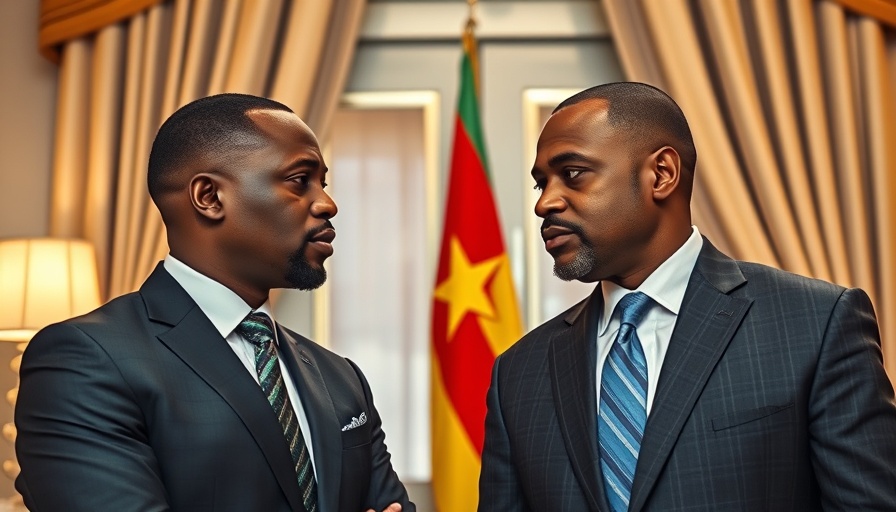
Rethinking Peace in the DRC: A Diplomatic Approach
The Democratic Republic of the Congo (DRC) stands at a pivotal juncture as the battle between militarization and dialogue unfolds. The recent U.S.-led initiative to foster a peaceful resolution between the DRC and Rwanda presents an intriguing backdrop, particularly as the global demand for minerals essential to modern technologies increases. While this initiative aims to secure mineral supply chains, the broader implications for peace and human rights are far more complex.
The Human Cost of Conflict
For more than two decades, conflict has ravaged the DRC, resulting in staggering statistics: over six million lives lost and nearly seven million people displaced. Much of this turmoil stems from a thriving illicit mineral trade that funds militias and exacerbates violence. As leaders negotiate at the highest levels, they must confront the grim realities faced by ordinary Congolese citizens who endure poverty, insecurity, and rampant sexual violence.
Military Solutions Fall Short
The reliance on military responses is a misguided approach. The presence of over a hundred armed groups, each with unique ethnic and political motivations, illustrates the limitations of military force. Past interventions, such as the Southern African Development Community's recent deployment, have not resolved these issues, indicating a need for deeper exploration into the sociopolitical dynamics at play.
Why Dialogue Trumps Arms
The pathway to sustainable peace in the DRC lies in inclusive dialogue that addresses the root causes of the conflict. Rather than a focus on military alliances, the international community should prioritize diplomatic solutions that unite various factions rather than exacerbate divisions. As countries race to secure mineral resources, the DRC's citizens deserve efforts that prioritize their welfare over geopolitical interests.
This analysis highlights the urgent necessity for policymakers, business leaders, and investors interested in Africa’s role in the global economy to support initiatives that promote peace through dialogue rather than arms. Understanding the implications of foreign interventions and resource diplomacy is crucial in shaping a sustainable future for the DRC and the region.
 Add Row
Add Row  Add
Add 


 Add Row
Add Row  Add
Add 

Write A Comment